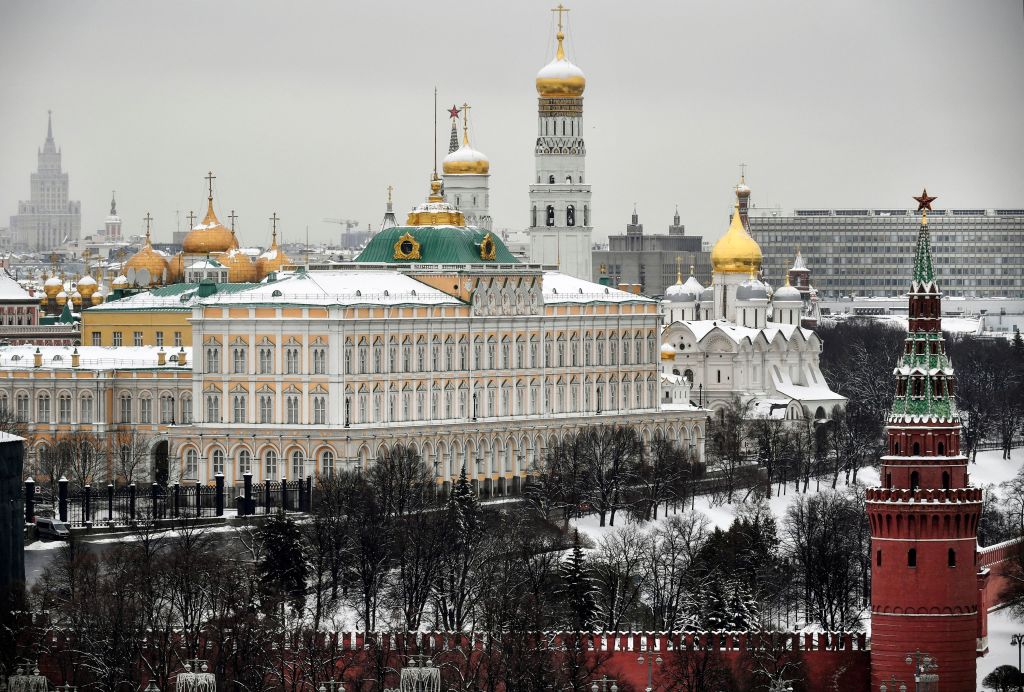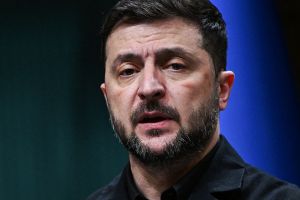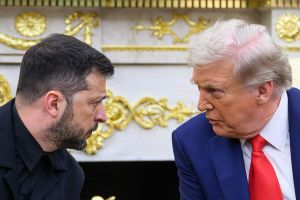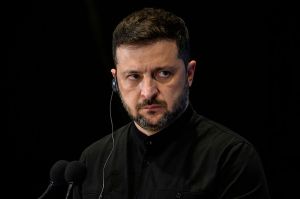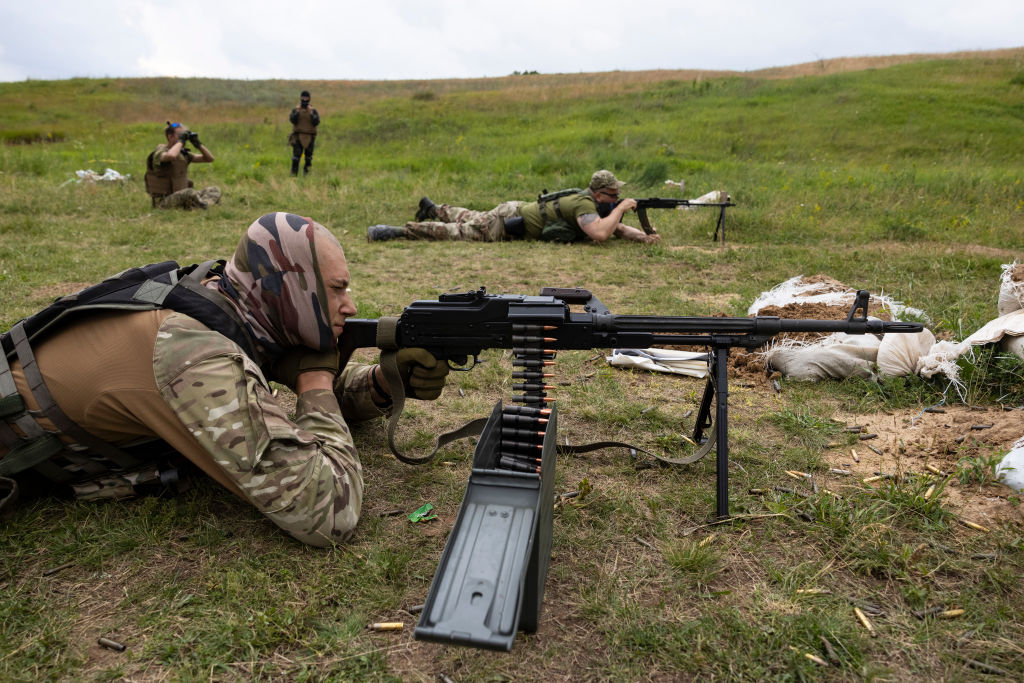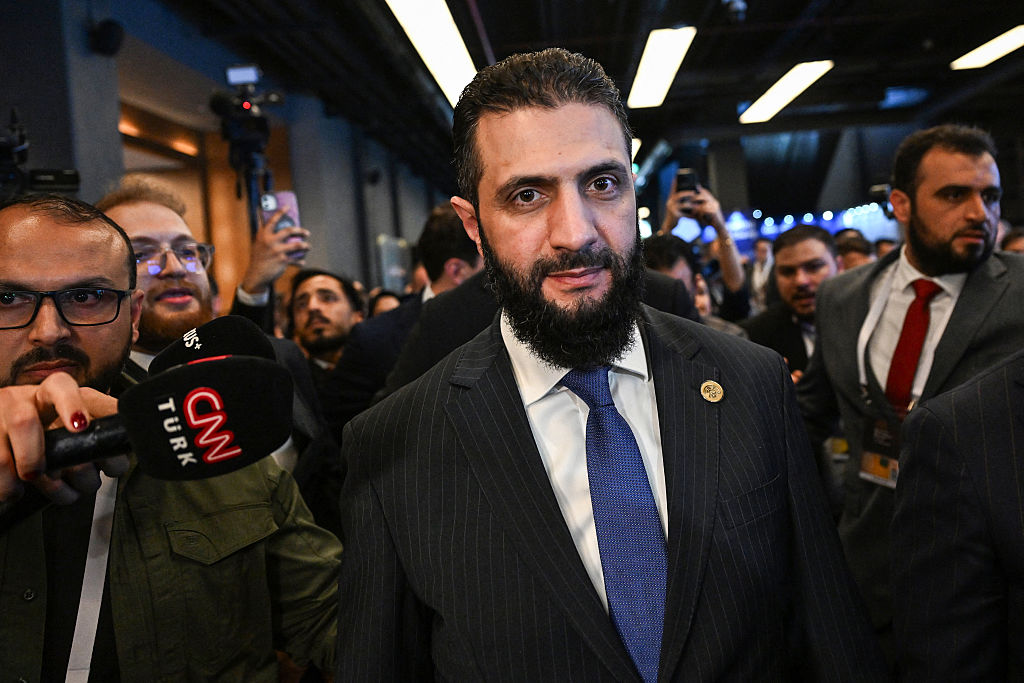Another battle in the West’s sanctions war against Russia is set to begin. The US and its NATO allies have put together what they’re calling a strong package of economic restrictions on Russia in response to its military buildup near Ukraine’s border.
What’s in the package remains a secret but it appears to focus on Russia’s energy sector. A State Department spokesperson told NPR on Thursday that the Nord Stream 2 pipeline from Russia to Germany would remain inoperable if an invasion happened. The Financial Times suggested that other new Russian gas developments are also on the sanctions list. The UK wants Russia booted from SWIFT, the Belgian financial messenger services company, while the West also floated the idea of sanctioning Russian President Vladimir Putin.
Sanctions remain a favorite of world leaders in the absence of ground or air warfare. The United States Treasury Department lists sanctions against Cuba that date back to at least 2000, while Syria’s sanctions history goes back to 2004. The list does not include sanctions previously placed on countries in the 1900s.
But do sanctions work? Former Florida congresswoman Ileana Ros-Lehtinen noted in 2004 that “some of these [Syrian sanctions] may not have a strong economic impact, but it certainly has a diplomatic and symbolic impact.”
She appears to be right. Russian Foreign Minister Sergei Lavrov said on Friday that Russia will consider any new sanctions to be an end to its diplomatic relationship with the West. Russia’s top trading partners include China, Belarus, Turkey, and South Korea, meaning any potential economic hit from the West would see Moscow work more closely with its non-Western allies.
Let’s not forget the Russian government already knows how to withstand the weight of economic pressure. Its diplomatic relations with China grew tighter in 2014, something that Nigel Gould-Davies of the International Institute for Strategic Studies tied to US sanctions. A bank owned by a Putin ally received a Russia government contract after being sanctioned by the US in 2014. That helped the ally avoid any major financial losses from American penalties.
What the United States and Western politicians have chosen to overlook regarding sanctions is the human element. In their attempt to suggest that people are too poor or scared to escape sanctioned countries, they neglect to address the fact that a sanctioned government typically centralizes its power, stirring up enmity against the West to strengthen its own position. Putin still runs Russia. Nicolás Maduro remains the leader of Venezuela despite its presidential dispute. Kim Jong-un calls Pyongyang home even though he’s cut off from everyone in the world except Russia, China, and India. Old age, not sanctions, caused Raul Castro to leave Cuban leadership.
Meanwhile, how many Venezuelans, Russians, North Koreans, and Cubans have died because US companies couldn’t introduce life-saving drugs or other technologies into their countries due to sanctions? How many people have starved due to lack of food? How many small businesses have shut down because they didn’t have access to capital?
No one discusses this because it’s more politically convenient to just slap on the sanctions. It gives off the impression that politicians are “doing something” without actually having to go to war. No one wants a nuclear bomb going off in Moscow, Washington, London, or Brussels. Warfare via sanction or even cyberwarfare remain the so-called safest ways to battle enemies. They’re certainly the least risky from a political standpoint.
Yet the best real solution remains diplomatic engagement on meaningful topics. It’s also the hardest and riskiest option because there’s always the chance that talks fail to produce anything. That leaves elected officials at risk of being voted out by their citizens when another candidate comes along promising to be tougher. Until then, it’s sanctions warfare.



